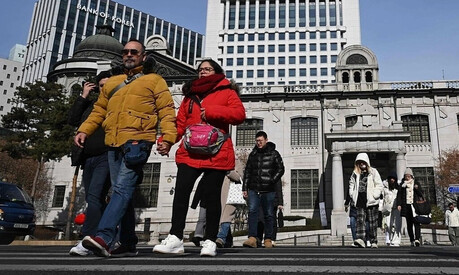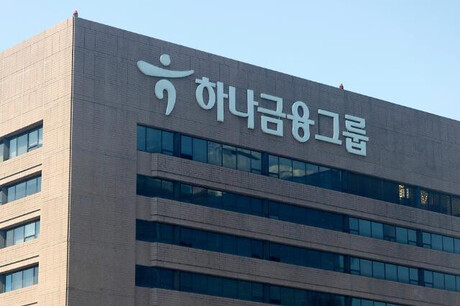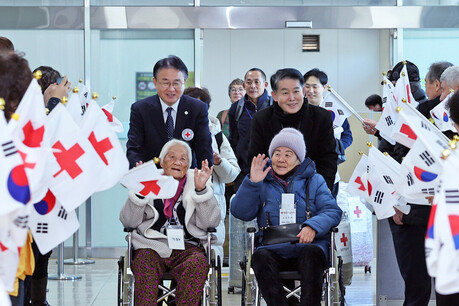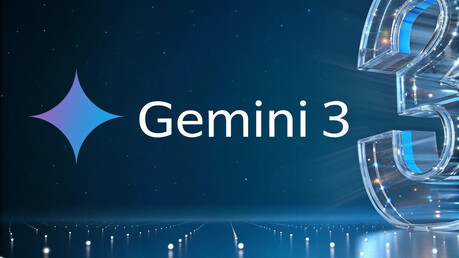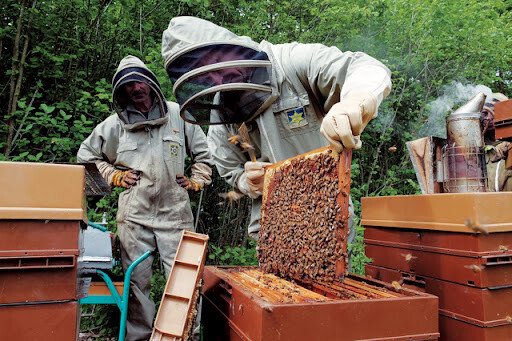
Honeybees, ubiquitous across the globe except for oceans and polar regions, play a vital role in our ecosystem and food supply. According to the Food and Agriculture Organization (FAO), there are approximately 100 million honeybee colonies worldwide. Asia dominates with around 45% of the global total, followed by Europe at 25%.
India leads the world in honeybee colonies with 12 million, followed by China with 9.3 million, Turkey with 9 million, Iran with 7.6 million, and Ethiopia, Tanzania, and Argentina. Notably, the United States and Russia, ranked 8th and 9th respectively, have 2.7 million and 2.8 million colonies. South Korea ranks 11th with 2.1 million colonies, while neighboring Japan has a significantly lower number at 200,000 colonies.
In terms of honey production, the global total stands at 1.83 million metric tons, with Asia and Europe contributing 48% and 23%, respectively. However, China is the world's largest honey producer, accounting for 25% of the global total with 460,000 metric tons. Turkey follows with 120,000 metric tons, Iran with 80,000 metric tons, and India and Argentina. Russia ranks sixth, Mexico seventh, and the United States tenth with 57,000 metric tons. South Korea produces 30,000 metric tons, ranking 13th.
Interestingly, honey production per colony varies significantly across countries. Vietnam has the highest production per colony at 86.5 kilograms, followed by Brazil, China, Canada, and New Zealand. Russia and the United States have lower production per colony at 24.0 and 21.3 kilograms, respectively.
Globally, China is the largest exporter of honey, accounting for 20.2% of the total. India, Argentina, Ukraine, and Brazil follow. The average global export price for honey is $3.5 per kilogram, but Oceania commands a premium at $19.7 per kilogram. New Zealand has the highest export price at $25.3 per kilogram, followed by Australia and Hungary. Vietnam has the lowest at $1.7 per kilogram.
The United States is the largest importer of honey, accounting for 26.7% of the global total. Germany, the United Kingdom, Japan, Belgium, Spain, and France are also major importers. South Korea has the highest import price at $13 per kilogram, followed by China, Canada, Switzerland, and Australia.
In conclusion, while India has the most honeybee colonies, China dominates the global honey market in terms of production and exports. The United States is a significant consumer of honey, importing far more than it produces. Vietnam stands out with its high honey production per colony and low export price.
Globally, honeybees are managed by governments, and honey is a highly traded commodity. South Korea needs to develop a more strategic approach to its honey industry to compete in the global market. Specifically, the following recommendations are proposed:
Redefine honey: The definition of honey in food regulations should be clarified to distinguish between natural and adulterated honey.
Establish a unified association: Create a single association representing all beekeeping organizations in South Korea to foster collaboration and coordination.
Strengthen government support: The government should provide stronger support for the beekeeping industry, including research and development, and ensure that regulations are effectively implemented.
The ecological importance of honeybees and the value of honey as a food source make the beekeeping industry a critical sector. By addressing the challenges facing the industry and implementing effective policies, South Korea can enhance its position in the global honey market.
[Copyright (c) Global Economic Times. All Rights Reserved.]

















